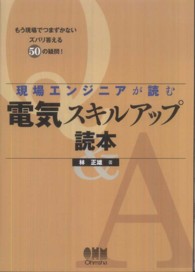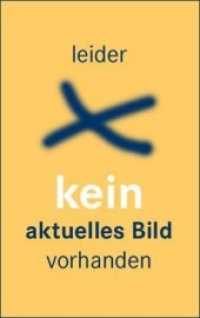Full Description
The present volume emerges from a practice-based research that focuses on experiences of migration and border crossing during what are perceived as existential 'turning points' by the protagonists themselves. It recognizes the fundamental role that imagination plays in people's perceptions of reality, in their decisions and actions, and finally in the way they narrate their experiences. As a consequence, it makes a stance for ethnographic practice to include more creative and collaborative methodologies in order to explore such intangible and unstructured realms of existence. In particular, this ethnography developed theoretically and methodologically in close collaboration with a group of Egyptian men who crossed the Mediterranean Sea in search of better living opportunities in Italy, by engaging them through a range of the co-creative processes such as theatre improvisations, storytelling practices, collaborative filmmaking and participatory animation.
Contents
Part I: Introduction
1 Possible lives
2 Researching migration and imagination in critical times: The Egyptian uprising seen from the opposite shore of the Mediterranean
Part II: Ali and the double life
3 On presences and absences
4 Roots and routes
5 Performing im/mobility: The subjunctive mode and the aesthetics of possibility
Part III: Mahmoud and the greatest adventure
6 Mediterranean crossings and the media
7 The middle passage: The adventurous search for one's luck
8 Animating the crossing as plural experience
Part IV: Mohamed and the futures lost
9 Not a criminal, nor a child
10 'A tiny plastic card' - the legalisation process
11 In search of futures lost
Epilogue: Stories that are documents of a life






